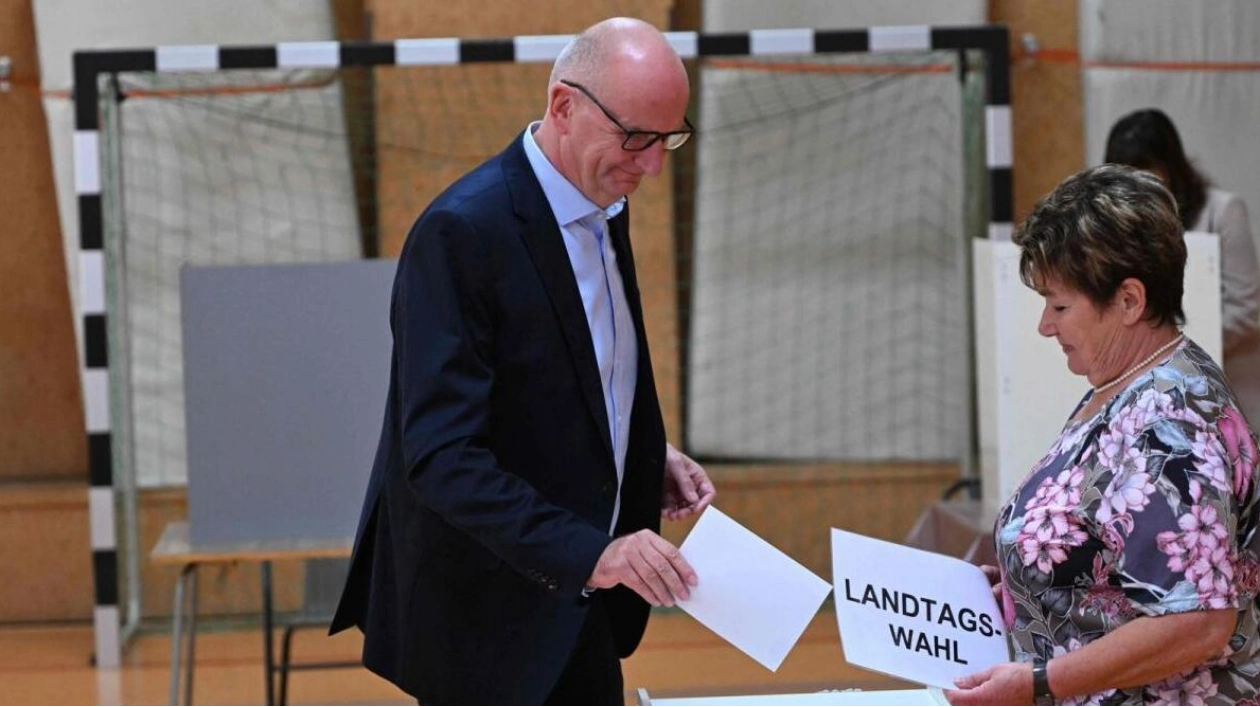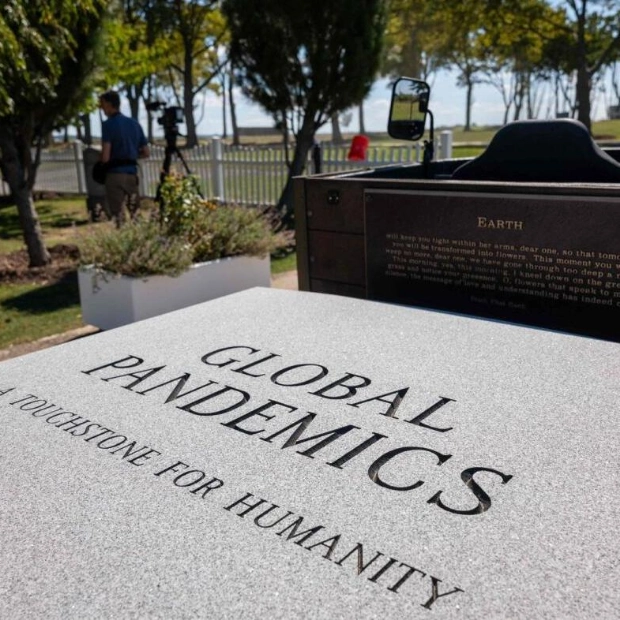Voters in Brandenburg, Germany, headed to the polls on Sunday for a regional election, with the far-right Alternative for Germany (AfD) anticipated to secure the top spot. This would mark a continuation of the party's success in other eastern states, surpassing Chancellor Olaf Scholz's Social Democrats (SPD) in one of their historical strongholds.
The AfD made history by becoming the first far-right party to win a state election in Germany since World War II, achieving this feat in Thuringia on September 1. Although they narrowly missed first place in Saxony on the same day, other parties have consistently refused to form coalitions with the AfD. Given that the AfD did not secure a majority in Thuringia or Saxony and is unlikely to do so in Brandenburg, the party is not expected to be part of the regional government.
The AfD is among several far-right groups in Europe capitalizing on concerns over economic slowdowns, immigration, and the Ukraine war, issues that resonate particularly strongly in the formerly Communist eastern Germany. Additionally, the party is leveraging discontent over internal conflicts within Scholz's three-party federal coalition.
Hans-Christoph Berndt, the AfD's candidate for Brandenburg's state premier, cast his vote in Golssen, south of Berlin, expressing confidence in his party's chances compared to the 2019 state election. "If we maintain the support we've seen recently, things in Germany will begin to improve," Berndt said, emphasizing that while the election is crucial, Brandenburg's future is not solely determined by Sunday's results.
An AfD victory would be particularly humiliating for the SPD, which has dominated Brandenburg's elections and governed the state since reunification in 1990. Such a win would also raise doubts about Scholz's leadership ahead of next year's federal election, given his record-low popularity.
Brandenburg's popular SPD premier, Dietmar Woidke, has largely avoided campaigning with Scholz, who resides in Potsdam. Instead, Woidke has focused on highlighting economic achievements since the last state election, including the opening of a Tesla factory and Brandenburg Airport, now Germany's third-largest aviation hub.
Recent polls indicate the SPD is narrowing the gap with the AfD. A survey by Forschungsgruppe Wahlen on Thursday placed the AfD at 28% in Brandenburg, with the SPD at 27%, followed by the conservatives at 14% and the new leftist Sahra Wagenknecht Alliance (BSW) at 13%.
"My primary challenge in this legislative period is to ensure that right-wing extremists have no influence in this country," Woidke stated at a campaign event. He has threatened to resign if his party falls behind the AfD, while AfD national party leader Tino Chrupalla called for Scholz to do the same.
Polls suggest that Scholz's junior coalition partners, the Free Democrats and the Greens, may struggle to reach the 5% threshold needed to enter the state parliament. Nationally, Scholz's coalition is polling below the opposition conservatives, though political analysts anticipate significant shifts before the 2025 federal election.






